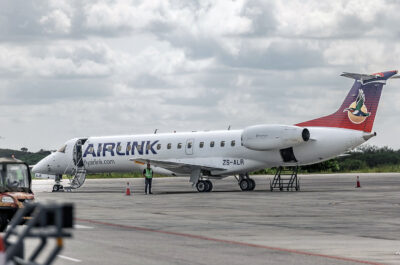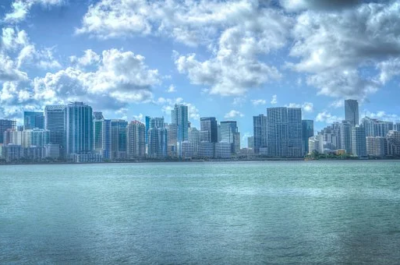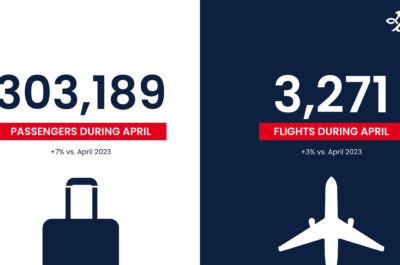Here are the trends becoming visible in post-pandemic travel planning.
The new normal feels closer than ever, but some things have changed for good. The travel industry was completely upended in 2020, and it has had to do some manoeuvring in order to land on its feet.
Change has come, not only to the way companies do business, and not only to how governments control movement between and within countries. People themselves have changed, and that affects how, why, and where they travel.
After spending time pent up, people around the world yearn to hit the road to fulfill their wanderlust dreams. And what have they been dreaming of all this time?
We are beginning to find out. Here are the trends becoming visible in post-pandemic travel planning.
Look into sanitation practices
More than ever, travelers are likely to consider the level of sanitation and hygiene practices of airlines, public and private transport options, hotels and accommodations, cultural venues like museums, and restaurants.
Companies and organizations are responding by stepping up their protocols to demonstrate their commitment to best practices and put travellers’ minds at ease. Those that make this information accessible online are likely to do best, as sanitation and preventative safety measures are now a decisive factor for many when trip planning.
Where would you rather stay, at a hotel that broadcasts its cleaning procedures or one that keeps them a secret? You can find information about making safe travel decisions and minimizing risk on the CDC website.

Take advantage of changing visa rules abroad
Many countries around the world depend on tourism and want to make it easier for tourists to visit. After all, tourism brings in money, creates jobs, and develops infrastructure.
To attract tourists post-pandemic, lots of countries are loosening visa requirements and creating e-visas. These electronic authorizations allow visitors to apply for a visa online instead of going in person to the embassy.
Taking advantage of the uptick in remote work, several countries are also creating new types of digital nomad visas. That way, visitors can stay longer term and work from their dream vacation destinations.
You can check visa requirements for different countries on the Byevisa website before planning a trip. You may be pleasantly surprised by all the place you can go.
Prioritize cars and personal vehicles
Another growing trend is that people are preferring to travel in small groups within the friend or family circle. This is causing a rising number of people to travel by car, in owned or rented vehicles, rather than less intimate modes of shared transportation such as bus, train, or plane.
Check out domestic destinations in your own backyard
As a direct result of increasing car travel, short-haul destinations are becoming the most popular. Most importantly, domestic tourism and rural destinations are seeing an incredible resurgence.
People are waking up to the possibility of being a tourist in their own country. Even a few hours’ drive from home can land you in a new and very different place. Travel lovers are realising how little of their home country they have explored, even (and especially!) those who have travelled extensively internationally.
For domestic trip planning, approach your home country like a tourist from abroad. Where have you always wanted to go? What places do you know nothing about? You have the added advantage of speaking the local language, plus you can swap recommendations with family and friends who have lived in or visited other areas of the country.
Destination marketing agencies are also focusing on rural places of interest and lesser-known towns to encourage travelers to finally take that epic road trip. But oftentimes you can get somewhere amazing with just a long weekend.

Consider getting insurance
After living through a pandemic, people are acutely aware that anything can happen, even the most unimaginable. That goes for global circumstances as well as personal accidents.
This is causing an increased interest in travel insurance. People who may have never considered it in the past are recognizing the value of preparing for the unexpected. If nothing else, it reduces the number of things travellers have to stress about.
Look before you book
Travelers learnt a good lesson in 2020 on not reading the fine print before booking tickets and accommodation. As a result they ended up chasing the travel companies and many of them got nothing back.
Looking forward, cancellation policies have changed in an enormous way, with companies becoming much more flexible and transparent. This is good news for the traveller, but you must do your diligent research before booking to take full advantage of this new trend.
Many companies have better cancellation policies, but others do not. This should be a decisive factor when deciding what to book. Part of planning the perfect trip is having a backup plan.




















































































































































































